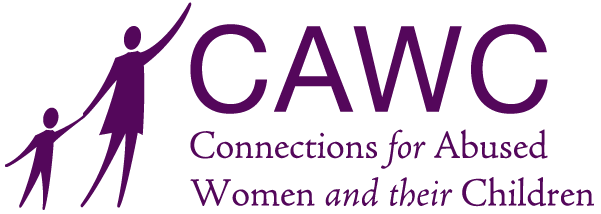April is National Sexual Assault Awareness Month, a vital opportunity to raise public awareness about sexual violence and educate communities on how to address and prevent it. Sexual assault is closely tied to domestic and intimate partner violence. Nearly half of female victims of rape reported being assaulted by an intimate partner, and the majority of women who have experienced other forms of physical abuse from a partner have also been sexually assaulted by them.
Here’s what everyone should know about the relationship between intimate partner abuse and sexual assault.
Understanding the Scope of the Crime
Although many people may not realize it, the crime of sexual assault within a relationship has far-reaching impacts on society.
Prevalence
A significant portion of sexual assault victims reports their attackers as intimate partners, a fact that reflects a deep betrayal within supposedly safe spaces and contexts. Women who have a disability, are pregnant, or are attempting to leave their abusers are at the greatest risk of intimate partner rape.
Impact
The long-term effects of sexual assault are incredibly harmful to women, their children, and society as a whole:
- • Survivors. The survivors of rape experience not just the violation itself (which, in a relationship, may recur as part of a pattern), but possibly also unwanted or unplanned pregnancies and the lasting effects of PTSD and trauma. Survivors who do not receive adequate intervention and holistic support services are more likely to develop mental health disorders such as depression and anxiety, antisocial behaviors, and substance abuse.
- • Their children. Children who witness or who are exposed to domestic sexual assault also experience trauma and its effects, which can last into adulthood. They may experience very low self-esteem, form unhealthy relationships, and develop mental illnesses of various kinds.
- • Society. Each year, the US spends over $8.3 billion addressing the individual and social impacts of intimate partner violence. These include lost days of survivor work and productivity, job loss, harm resulting from survivor substance abuse, and orphaned children, as many survivors are ultimately murdered by their partners. There are also the collective losses associated with an unprosecuted perpetrator committing similar crimes against others.
Recognizing the Power Dynamics
In order to understand and end intimate partner rape, it’s essential to know the motivations behind it and society’s role in contributing to human rights violations in this regard.
- • Control. Both sexual assault and domestic violence serve as mechanisms for perpetrators to exert power and control over the lives of survivors.
- • Society’s influence. Societal norms and inequalities for people other than cisgender men contribute to a culture in which sexual assault and intimate partner violence are perpetuated, overwhelmingly against women and people in LGBTQ+ communities.
How You Can Support Survivors of Sexual Assault and Intimate Partner Violence
You can support survivors of sexual assault and the organizations that offer holistic services for survivors of intimate partner violence in any of the following ways:
- • Offer resources. Provide survivors with access to comprehensive support services, including counseling, legal assistance, and safe shelters.
- • Empower survivors. Support survivors through advocacy and education, ensuring they have the knowledge and resources to navigate their recovery journeys.
- • Engage with your community. Encourage community involvement in awareness campaigns and support networks to create a unified front against violence. Wear and display the color teal, which is the official Sexual Assault Awareness Month color.
- • Educate the public. Seek out, support, and implement educational programs that focus on respect, consent, and healthy relationships from a young age.
- • Advocate. Campaign and vote for stronger laws and policies that protect survivors and hold perpetrators accountable.
- • Support systems and organizations that aid survivors. Ensure that legal and social support systems are accessible, survivor-friendly, and responsive to the needs of those affected by sexual assault and domestic violence. If you don’t have the ability to do this personally, support a nonprofit organization near you that does.
Protect Yourself and Others From Sexual Assault With CAWC
At Connections for Abused Women and Their Children (CAWC), we believe that everyone has a right to a life free of violence. Our mission to end sexual assault and domestic violence is rooted in education, service, and advocacy. In addition to working toward broader social change, we provide empowerment-based and trauma-informed support in the form of shelter, counseling, and advocacy to individuals affected by intimate partner violence and their children.
If you or someone you know is actively experiencing the impacts of sexual violence, don’t hesitate to call our 24-hour hotline at 773-278-4566. For non-emergency support, reach out through our contact form today.
Want to help us protect more women and children? You can impact the life of a domestic violence survivor or a child who has witnessed domestic violence by donating to CAWC today or by supporting our work in other ways.
